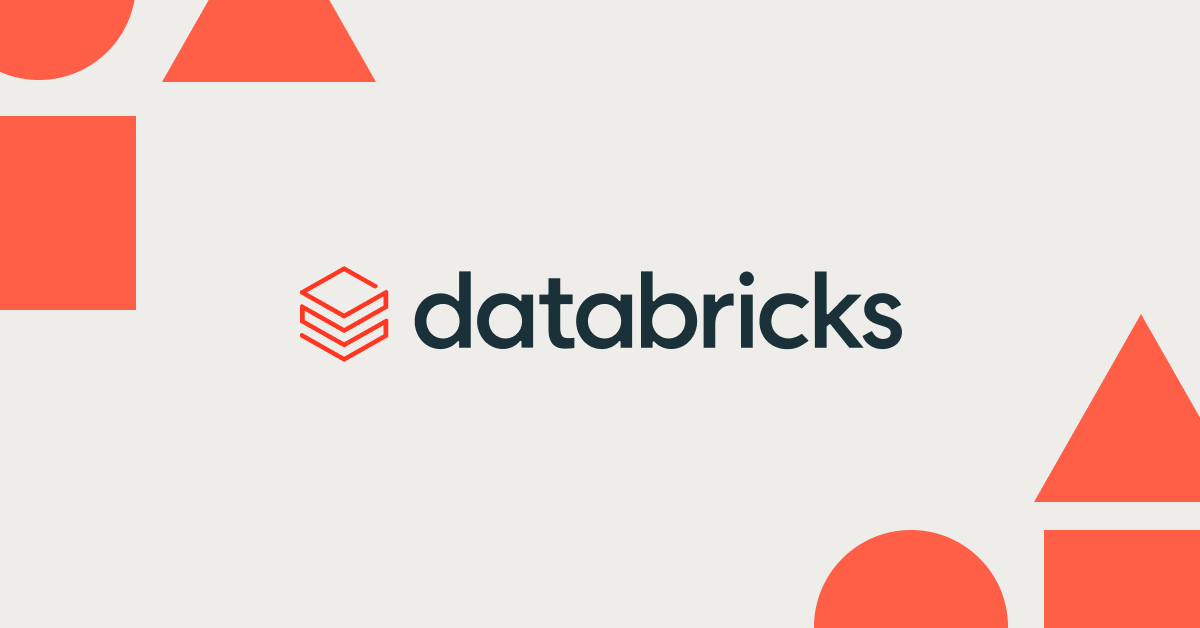AI Trends that Paved the Way in 2018

With 2018 behind us, it’s been amazing to see AI projects gain steam and make significant impact across industries. In fact, a recent survey by CIO.com cites that 90% of enterprises are actively investing in AI.
What has fueled this innovation is the massive influx of organizations tapping into the potential of their data and the increasing availability of various machine learning technologies and frameworks. Furthermore, the cloud enables a new level of scale to match these massive data volumes without taking a hit on performance. Combined with the exponential growth in data volumes, AI has enabled companies to do amazing things — from accelerating drug discovery through genomics to preventing fraud in the securities market.
So what new trends and advances in 2019 will help address these challenges and move AI adoption further into the mainstream?
We asked some of the most innovative companies in the world this question and many others, to put our fingers on the pulse of where AI stands in the enterprise and gain a better understanding of how AI will continue to disrupt industries.
This blog, the first in a series of blog posts, provides highlights into what many thought were the most impactful trends and innovations in 2018 and what we should be excited about in 2019.
What big data and AI innovations or trends did you see in 2018 that you were excited to see? And How do you think those innovations will continue to evolve and/or gain traction in 2019?
Deep Learning Goes Mainstream
"Keras and tensorflow have been around for a while, but we're seeing companies spanning the range from innovative startups to massive corporations using DL to unlock new business opportunities. At Quby we used a Deep Learning system in production for the first time in 2018. In 2019 TensorFlow 2.0 will be a huge milestone."
- Stephen Galsworthy, Head of Data Science at Quby
The Unification of Analytics
"Companies like Databricks are consistently breaking down and refining the barriers and cost of entry for a truly unified data platform, so the boundaries between data lake, data science, streaming are not only compatible, but seamlessly integrated. You can often forget which part of the platform you’re using. And that’s a really good thing."
- Stephen Harrison, Data Science Architect at Rue Gilt Groupe
The Democratization of Machine Learning
"The rise of productizing ML and tools around making ML far easier and more scalable was a bit step forward in 2018. You’re seeing lots of products that seek to embed ML into decision making which makes ML far more accessible by de-emphasizing the algorithm and making it easier to leverage. Some of these are frameworks or automation of ML (MLFlow, Einstein, etc.) and others are whole platforms where ML is the core.
Also, Reinforcement Learning has also really taken off and I think it’s incredibly exciting because it helps AI solve far more abstract problems. These haven’t made it into many products but I think it’s really exciting shows the future of AI."
- Bradley Kent, AVP of Program Analytics at LoyaltyOne
Data Science is Permeating the Line of Business
"In 2018, the discussion on “Explainable AI,” trust and data bias was really encouraging. I believe that it is critical to develop AI that is explainable, provable and transparent. As always the case, this journey towards trusted systems truly starts with the quality of data used for AI training. This renewed focus in 2018 on labeled data that can be verified, validated and explained is exciting for us at Nielsen, as we are relentlessly focused on developing high quality labeled data on consumer behavior. It is exciting that Explainable AI can lay the foundations for AI systems that can be both generalized across use cases and be trusted."
- Mainak Mazumdar, Chief Research Officer at Nielsen
Novel Applications of Deep Learning
"There has been a lot of innovation in the last year in the field of deep learning that I am excited about! I think these innovations will create a lot of new AI applications, some of which are already in production and making massive changes in the industry. At Overstock, we use deep learning on multiple products, from email campaigns with predictive taxonomies to personalization modules that infer user style with deep learning. I’m excited to see how the industry, and specifically online retail, integrates more with deep learning and some novel applications that will follow."
- Kamelia Aryafar, Chief Algorithm Officer at Overstock
Clearly, 2018 was the year of rapid adoption and democratization of the latest analytics innovations such as deep learning. It was encouraging to hear analytics leaders aligned on the importance and the progress around making analytics and AI simple across the organization. What came across clearly was the concept of unification across all facets of analytics — ensuring all stages of the analytics pipeline, the associated technologies, and the teams involved in data science and engineering, are seamlessly integrated and operating in harmony.
The next installment of this blog series will uncover predictions on what the next set of trends and innovations around AI, machine learning, and big data that will surface in 2019.
Never miss a Databricks post
What's next?

Technology
December 9, 2024/6 min read
Scale Faster with Data + AI: Insights from the Databricks Unicorns Index

News
December 11, 2024/4 min read